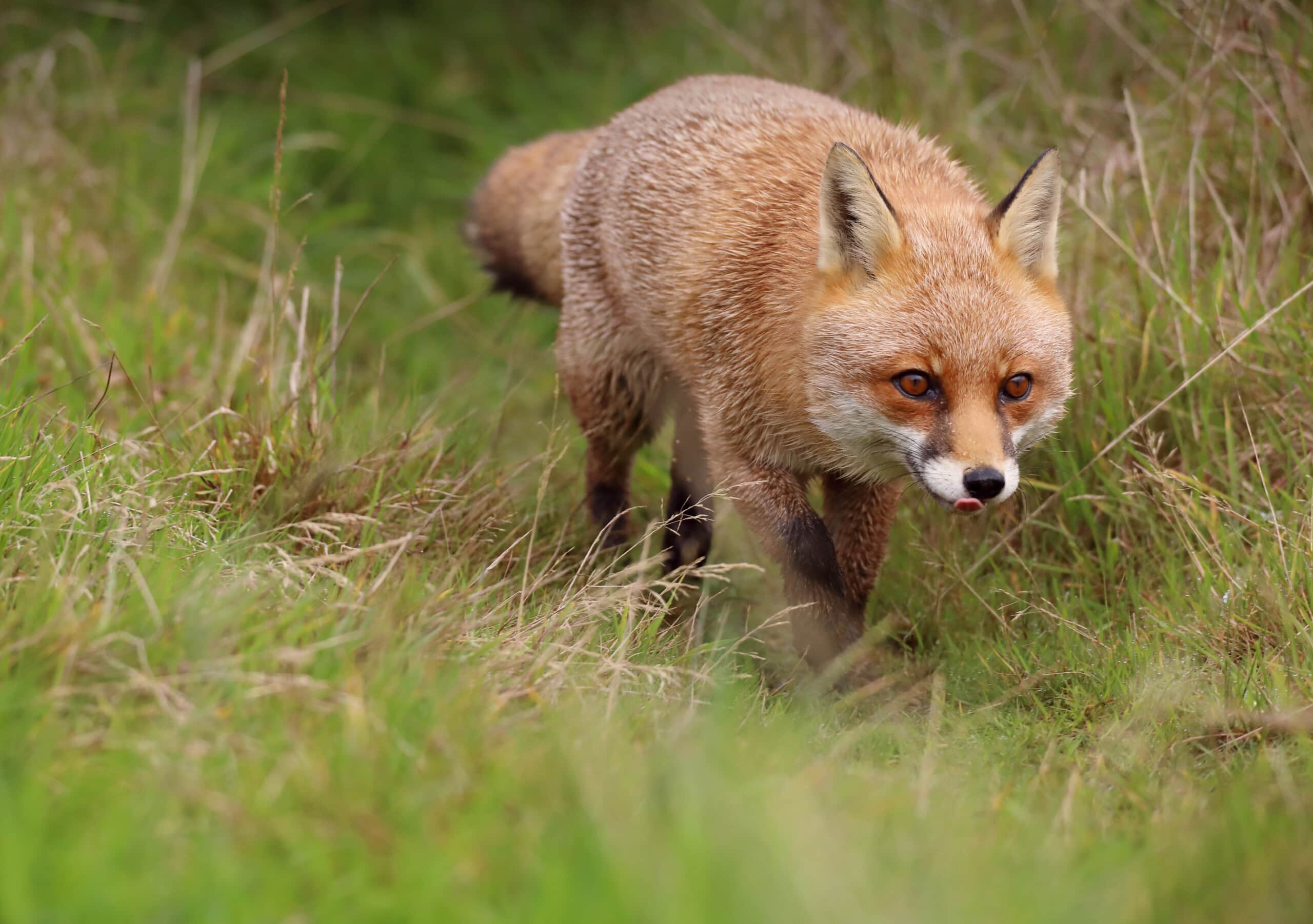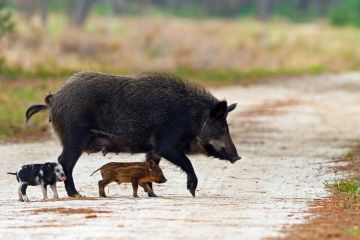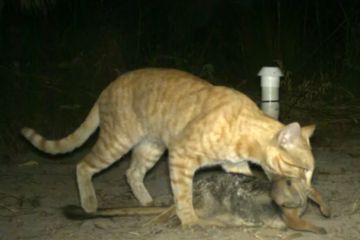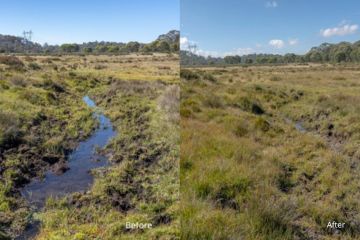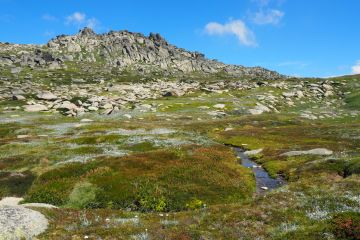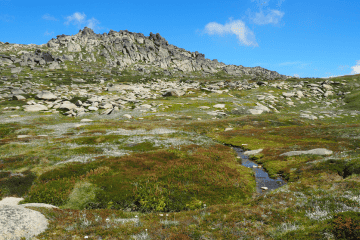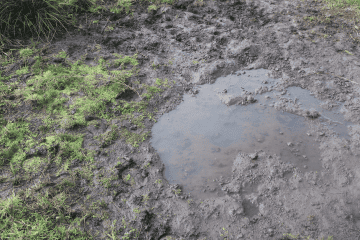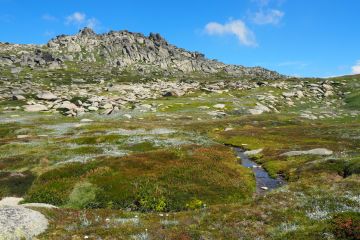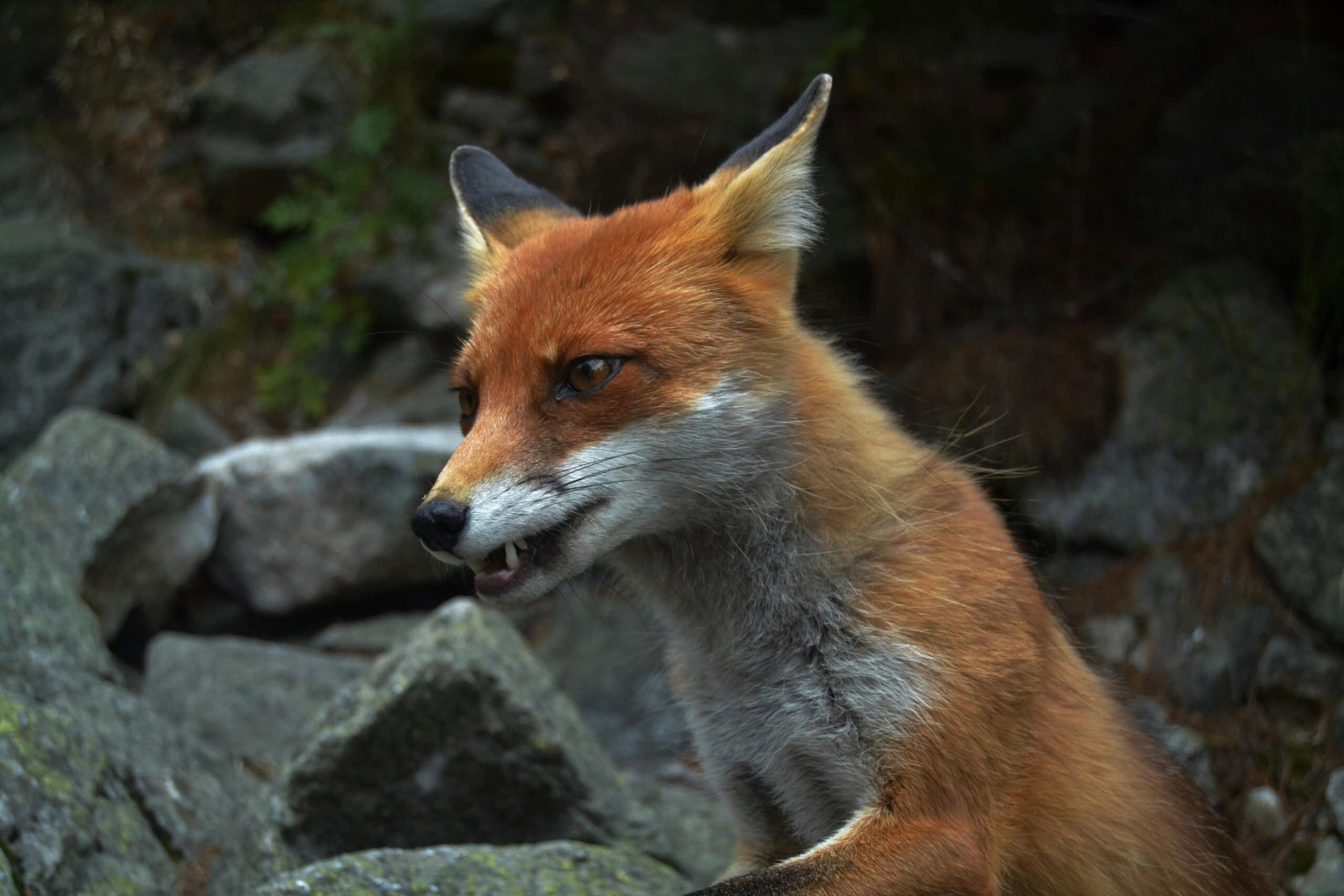
Coalition and cross bench combine to send controversial Shooters Bill to inquiry after late-night vote
A narrow late-night vote in the NSW Upper House (20-19) has ensured the Minns Government’s controversial deal with the Shooters Party will now be scrutinised through a parliamentary inquiry.






